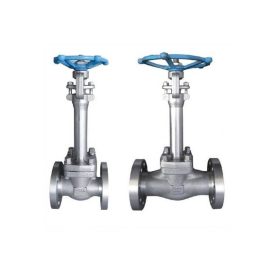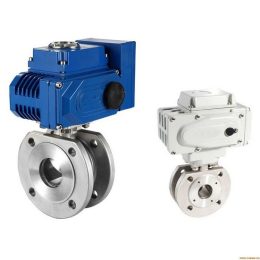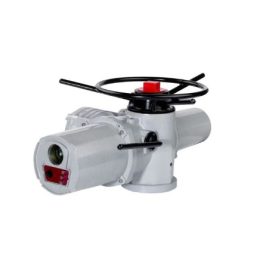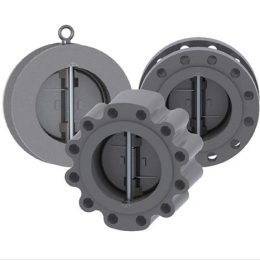The Advantages of Pressure Seal Valves in High-Pressure Systems: A Comprehensive Guide
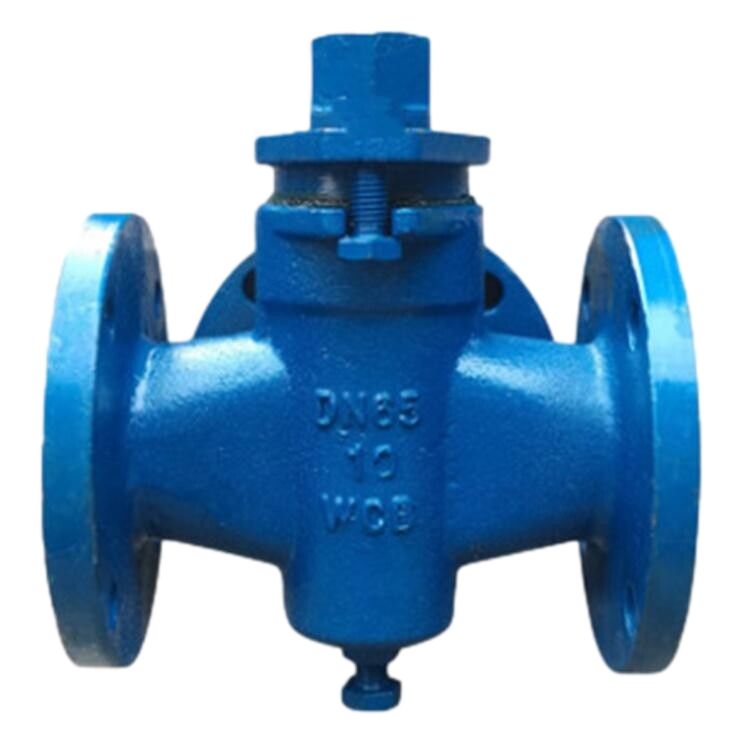
Pressure seal valves are widely used in power generation and refinery applications, where high-pressure systems require reliable and efficient sealing mechanisms. These valves offer several advantages over conventional bolted body-to-bonnet sealing mechanisms, including reduced maintenance requirements and improved safety. In this blog post, we will discuss the workings of pressure seal valves, their different types, and their advantages over other sealing mechanisms.
Workings of a Pressure Seal Valve
Pressure seal valves are specifically designed to handle high-pressure and high-temperature applications. They work by using the system pressure to make a seal, keeping thousands of pounds of pressure inside the valve. The seal is created by the pressure of the valve system pressing the gasket and thrust ring together. The higher the internal pressure, the tighter the seal becomes.
Pressure seal valves are available in a wide range of designs and materials, with many different pressure classes. The most common types of pressure seal valves include lift check, swing check, globe, stop check, and catalytic reforming valves. These valves are used in various applications, such as pulp and paper plants, chemical plants, refineries, and steam generation.
Advantages of Pressure Seal Valves
Pressure seal valves offer several advantages over conventional bolted body-to-bonnet sealing mechanisms. Unlike bolted bonnet valves, pressure seal valves use the pressure of the valve system to seal, making them more effective as internal pressure increases. This design also reduces the risk of leaks and improves safety.
Another advantage of pressure seal valves is that they require less maintenance, making them more economical in the long run. They are specifically designed for high-pressure applications, and as a result, they tend to be more reliable and have a longer lifespan.
Finally, pressure seal valves are available in a wide range of materials and designs, which makes them suitable for various applications. They are generally rated at 900 to 2,500 pounds and can handle up to four thousand pounds of pressure. Moreover, flexible graphite gaskets are available as a substitute for metal gaskets, which can be installed in most applications and do not require re-machining.
In conclusion, pressure seal valves are an essential part of power generation and refinery systems, where high-pressure and high-temperature applications require reliable and efficient sealing mechanisms. Their design and material options make them suitable for various applications, and their advantages over conventional bolted body-to-bonnet sealing mechanisms make them a preferred choice for critical applications.
